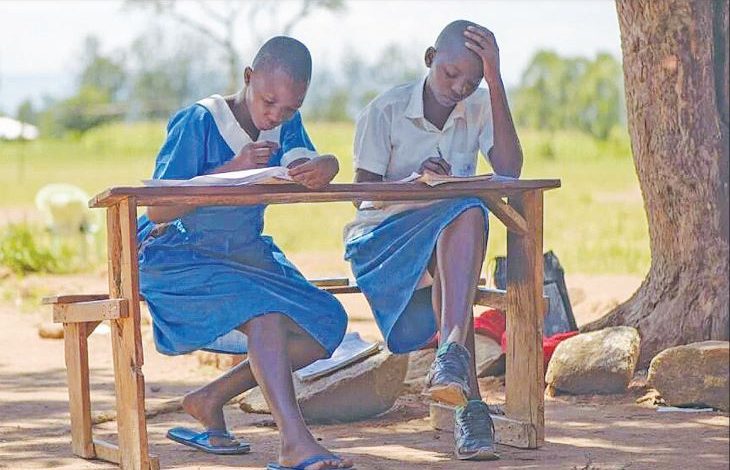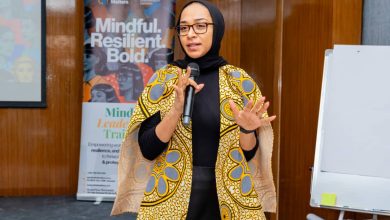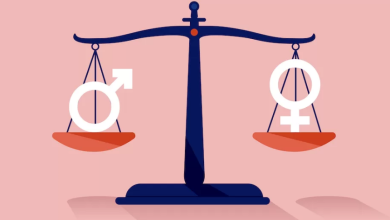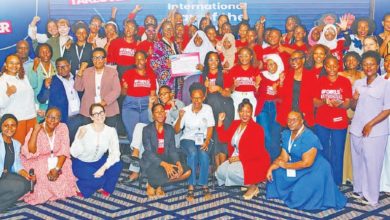Family planning still vital in society

During celebrations of World Contraceptive Day, we are reminded that healthy families are built with plans that can be decided by will on the number of the family (children)we want.
Every September 26th, non-profits, government agencies, the private sector, the media and individuals come together to commemorate the World Contraceptive Day.
The commemoration provides for a wonderful opportunity to advocate on the importance of access to contraception.
This is also captured in the 2030 Agenda for Sustainable Development under target 3.7 that states “by 2030, ensure universal access to sexual and reproductive healthcare services, including family planning, information and education, and the integration of reproductive health into national strategies and programmes.”
More than 1.8 billion women and girls are in the reproductive age group, yet most of them face barriers that include lack of access to family planning information and services.
In Tanzania, only 32 percent of women in the reproductive age are using modern methods of family planning while 22 percent have an unmet need for the services.
Given prevailing norms that expose girls to early sex and child marriages, 27 percent of adolescent girls aged between 15 and 19 years are pregnant or have begun childbearing.
As a result, they face increased risks of miscarriages, unsafe abortions, other forms of maternal morbidity and mortality due to complications of pregnancy and births.
In addition to that, women and girls fail to fulfil their development dreams and suffer from exclusion in participating fully in economic activities and decision-making bodies because of their inability to manage their fertility.
To make them participate in economic activities, Family Planning (FP) services are one of the key priority crosscutting interventions, particularly in preventive health care services.
FP services are critical towards achieving major health goals, especially in maternal and child health. It significantly contributes to reducing maternal mortality by about 44 percent and lowering child deaths.
The services are integral to economic growth, poverty and hunger reduction, combating HIV/AIDS, promoting gender equity and empowering women, ensuring environmental sustainability and fostering security. Some women who participated in the World Contraception Day explained how the program helped them plan their lives and families.
A Mbagala resident, Felister Anthony, expressed her dreams of building a family that can afford to take care of and have a better life in their basic needs like education, food, health and shelter.
Ms Anthony says that after having their first child, she discussed with her husband on the need to start using a family plan (contraceptive pills).
“In order to be able to raise and give our child his rights, we planned to have another child after three years. Therefore, we agreed to seek the doctor’s advice, who advised us to use birth control pills,” said Ms Anthony Currently Ms Anthony has two children, a five and one year and ten months old. She says that when she attended clinic for his first child, she learnt all about birth control.
Before I got pregnant, I never knew about birth control methods, but when I started the pregnancy clinic, I had to explain to my husband, that’s why after giving birth he agreed to use family planning,” she says.
She further says that when her son turned three, he she stopped taking pills and later she conceived her second child.
Ms Anthony says education is a key determinant of the uptake and consistency in use of family planning services. A Mongola Ndege resident, Salma Othamn, who has four children, says that she uses the method of implant placement after giving birth to two children just one year apart.
She says after that, she told her husband to use family planning, but he refused. Othman says she started to use family planning without the knowledge of her husband since he refused his wife to use contraceptive.
Elizabeth Kimath, who is a petty trader, advises her fellow women to use family planning which will provide all basic needs and also to have a happy family, where a mother can participate in economic activities as well as raising the family economy.
However, Ms Kimath requested for education for young girls so that they can get knowledge and protect themselves from the spread of HIV.
Registered Nurse at Mkulabi dispensary in Dodoma, Ms Christina Weston says that 50 to 60 women have been provided family planning services per day.
She advised more education to be provided so that men can be part of the change so that their partners can be free to use contraception.
The Dodoma acting Chief Medical Officer, Dr Mfaume Mursal says they have been providing education in various areas through maternal clinics at health centers to reach more families, where the response so far is good.
He says contraceptive is a good method to plan a family as well as help a woman to conceive by taking care of her health.





